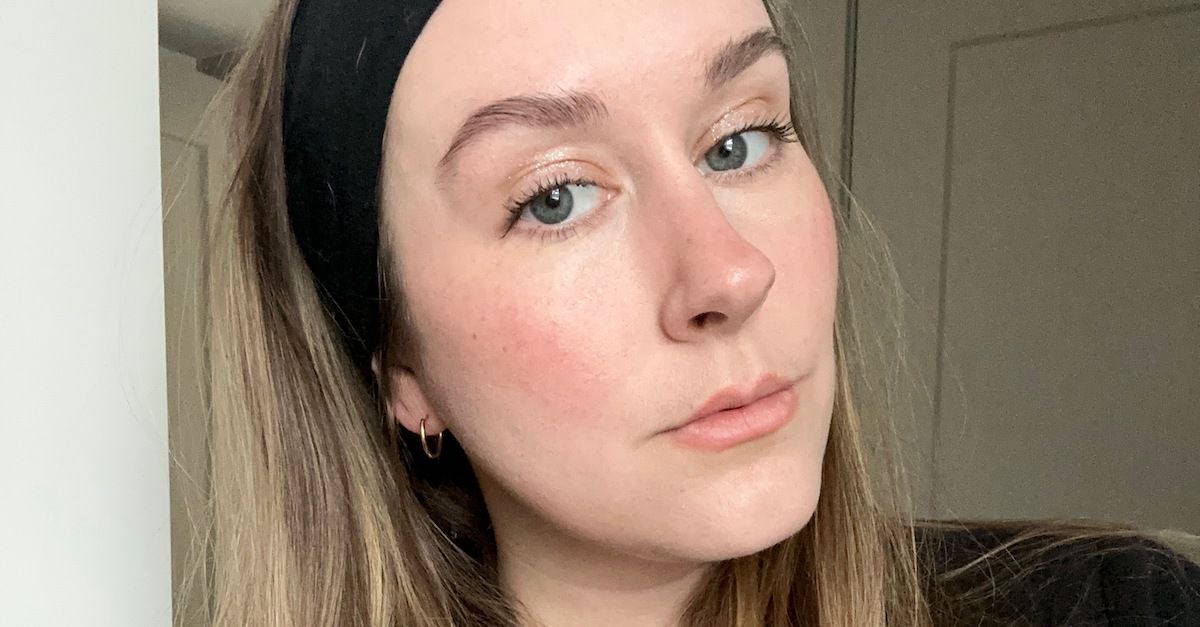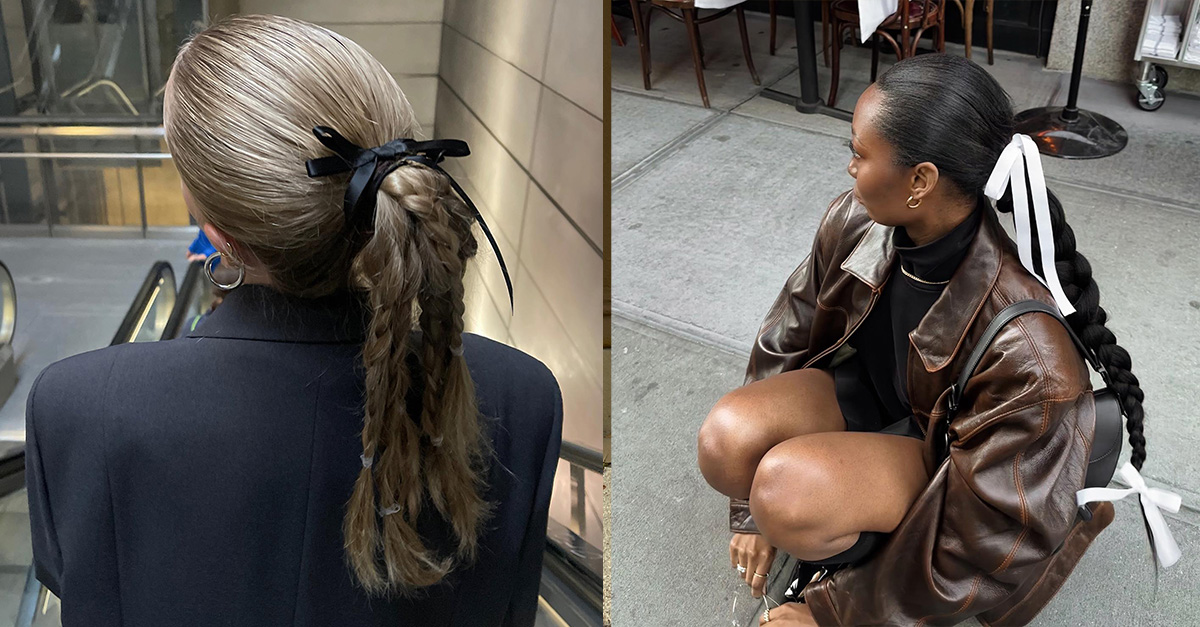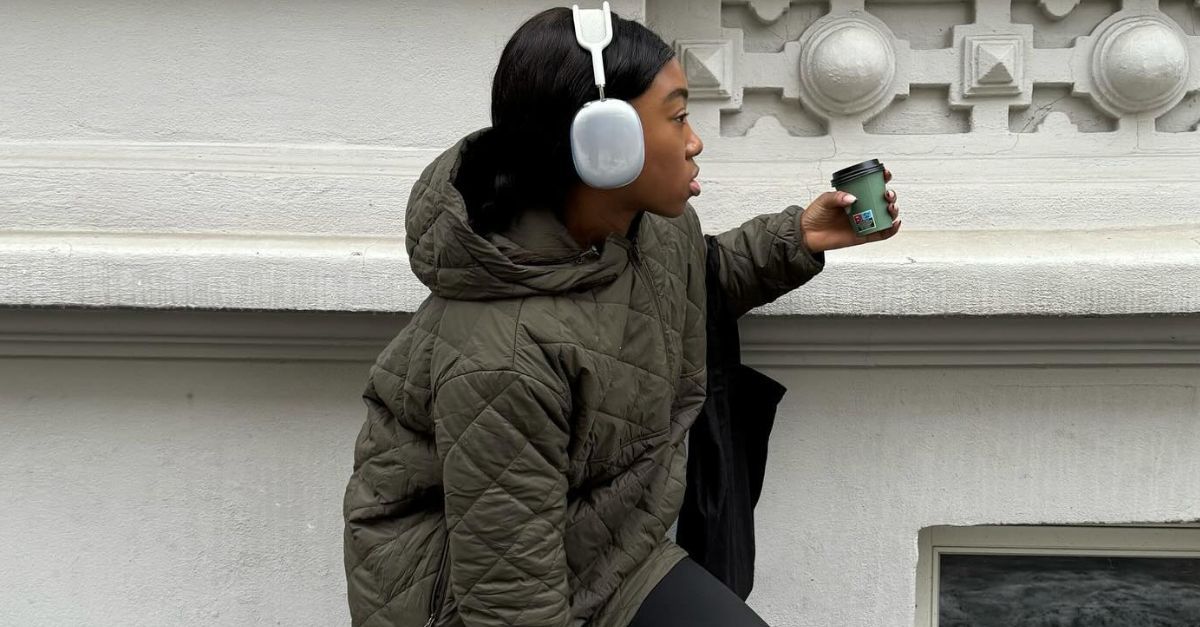Unlock the Editor’s Digest for free
Roula Khalaf, Editor of the FT, selects her favourite stories in this weekly newsletter.
US aviation regulators said on Friday they were considering whether to hand third parties the authority to conduct some aircraft inspections currently delegated to Boeing employees, the latest fallout after a door panel blew out of a 737 Max a week ago.
The move to review the oversight programme, where Boeing’s own employees certify aircraft safety, was prompted by the grounding of some 737 Max 9s following the mid-air incident over Oregon last Friday. The so-called “organisation designation authorisation” earlier came under scrutiny when two Boeing 737 Max 8s crashed in 2018 and 2019.
Mike Whitaker, administrator of the Federal Aviation Administration, said the agency was “exploring” its options for using an independent third-party to oversee inspections of Boeing’s aircraft and its quality controls.
“It is time to re-examine the delegation of authority and assess any associated safety risks,” he said. “The grounding of the 737-9 and the multiple production-related issues identified in recent years [at Boeing] require us to look at every option to reduce risk.”
The regulator also said it plans to immediately increase its oversight of Boeing’s production. The FAA opened an investigation on Thursday into whether the planes Boeing builds match the specifications it has laid out.
The FAA said it will audit the 737 Max 9 production line and its suppliers “to evaluate Boeing’s compliance with its approved quality procedures”, with further audits conducted as necessary.
Spirit AeroSystems, which supplies the Max’s fuselage, including the door panel section that came off the plane operated by Alaska Airlines, has been in the spotlight over the past year for quality lapses.
Washington Senator Maria Cantwell sent a letter yesterday to the FAA questioning the agency’s role in inspecting aircraft manufactured by Boeing. Cantwell said she asked a year ago for an audit of certain areas related to Boeing’s production, and the regulator told her it was unnecessary.
“Recent accidents and incidents — including the expelled door plug on Alaska Airlines flight 1282 — call into question Boeing’s quality control,” she said. “In short, it appears that FAA’s oversight processes have not been effective in ensuring that Boeing produces aeroplanes that are in condition for safe operation.”
The FAA also said it will ramp up its monitoring of any disruptions Max 9s have during operations. However, the planes are not currently operating, except outside US territory. There are about 215 worldwide — the Max 9 is a less popular variant than the Max 8, which has fewer seats — and the FAA grounded the 171 on Saturday following the incident on Alaska Airlines 1282.
The regulator reiterated on Friday what it has said throughout the week: “The safety of the flying public, not speed, will determine the timeline for returning the Boeing 737-9 Max to service.”
Boeing on Thursday said it would “co-operate fully and transparently” with regulators’ investigations.


























































![Mason Ramsey – Twang [Official Music Video] Mason Ramsey – Twang [Official Music Video]](https://i.ytimg.com/vi/xwe8F_AhLY0/maxresdefault.jpg)






















